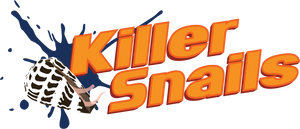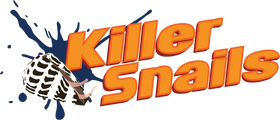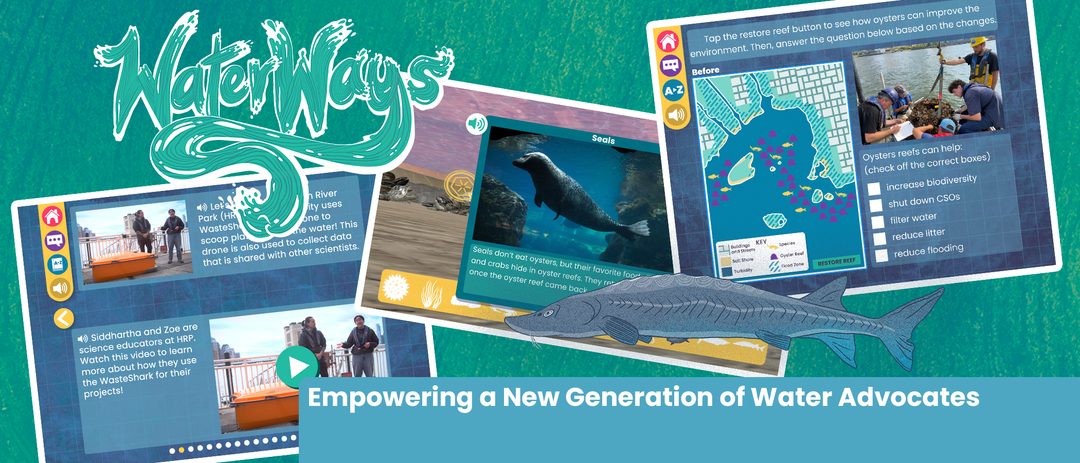Augmented reality
WaterWays - Evaluating Progress
Regular price$3.99
Sift through the data accumulated through the choices made to see how it impacted Chimhe City and present your findings as a scientist. Compare and evaluate how the changes impacted human and environmental health and create a poster to cite your findings about how water and nature are connected.
- Developed in collaboration with the Wildlife Conservation Society, Hudson River Park and Mount Sinai's Transdisciplinary Center for Early Environmental Exposure, with funding support from the National Institutes of Health.
Evaluating Progress includes:
- A personalized digital science journal and an augmented reality experience, accessible by phone or browser using webVR.
- 40 minutes of interactive activities where students are scientists engaged with water science and water stewardship.
- Assessment dashboard for educators to monitor and scaffold student learning
Next Generation Science Standards:
Science Engineering Practices
- Developing and Using Models
- Analyzing and Interpreting Data
- Constructing Explanations and Designing Solutions
- Engaging in Argument from Evidence
- Obtaining, Evaluating, and Communicating Information
Disciplinary Core Idea
- LS2.C Ecosystem Dynamics, Functioning, and Resilience
- ESS3.B Natural Hazards
- ESS3.C Human Impacts on
- Earth Systems
- ETS1.B Designing Solutions to Engineering Problems
Crosscutting Concepts
- Systems and System Models
- Cause and Effect
- Patterns
- Energy and Matter
Connections to Excellence in Environmental Education - Guidelines for Learning (K-12)
- Strand 1 (Analysis and Interpretation Skills): A, B, C, E, F, G
- Strand 2 (Environmental Processes and Systems): 2.1 A, B. 2.2 A, C, D. 2.3 A, B, D. 2.4 A,E
- Strand 3 (Skills for Understanding and Addressing Environmental Issues): 3.1 A, B. 3.2 A, B, C, D
- Strand 4 (Personal and Civic Responsibility): B, C


